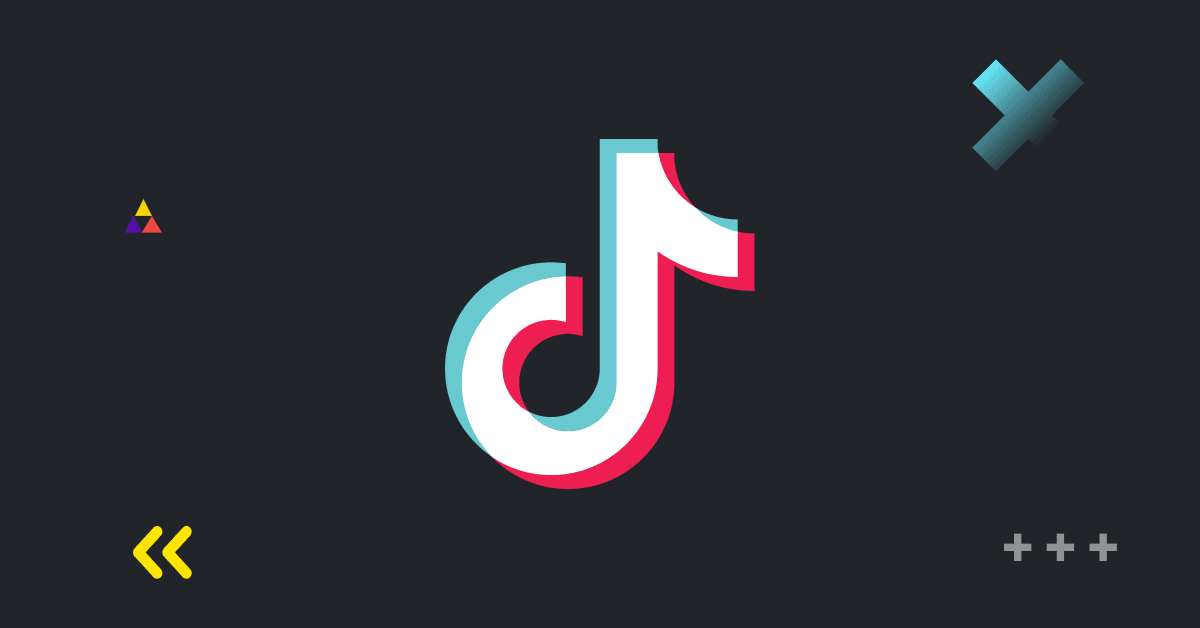Alright, so you’ve created this amazing app or game. Now what? You need people to actually find it. Here’s a straightforward app store optimization checklist to make sure your app stands out and gets noticed.
Follow these simple steps, and watch those downloads roll in.
✅Research Keywords
The right keywords are like a treasure map that leads users straight to your app. Knowing which words to use can make all the difference.
Here are some tips that will help you with choosing ASO keywords.
Understand Your Audience
Think about who’s going to use your app. What are their interests? How would they search for your app – which words or phrases would they use?
Creating personas helps you see things from their perspective. It’s all about getting inside their heads.
Use Keyword Tools
Tools like Google Keyword Planner, App Annie, and Sensor Tower are your new best friends.
They show you what people are searching for and how competitive those keywords are. Look for keywords with high search volume but low competition. It’s a sweet spot.
Analyze Competitors
Your competitors are a goldmine of information. Check out the keywords they’re using.
Analyzing top apps in your category can reveal market gaps and opportunities. Use Ahrefs or SEMrush to dig deeper.
✅Optimize Your App Title
Your app title needs to grab attention and be crystal clear about what your app does. And remember, apps with keyword-optimized titles rank 10.3% higher than those without. (Business of Apps)
Keep It Short and Sweet
Make your title concise and catchy. Aim for around 25 characters so it’s fully visible on all devices. Short titles are easier to remember and more eye-catching.
Include Primary Keywords
Sneak your main keywords into the title. This boosts your chances of popping up in search results.
But don’t go overboard. A natural-sounding title is crucial. Avoid looking spammy.
✅Write a Compelling Description
Your description is the pitch that convinces users to download your app. It needs to be engaging and informative right off the bat.
Focus on the First Few Lines
The first three lines are the most important.
Users see this without clicking “read more.”
Make them count by highlighting your app’s unique features and benefits right away.
Highlight Key Features
List your app’s main features and benefits. Bullet points make this easy to read. This helps users quickly see why your app is worth downloading.
Emphasize what makes your app unique.
Add Keywords Naturally
Keywords should blend seamlessly into your description. No keyword stuffing. Your description should still make sense and be pleasant to read. Use variations of your main keywords to cover more search queries.
Pro tip: Apps with descriptions between 2,000 and 4,000 characters perform better in search results. (Business of Apps)
Another thing to remember is that using all 100 characters in the Google Play short description can improve visibility by 5%. (Business of Apps)

✅Create Eye-Catching Visuals
Visuals are your app’s first impression. Make them count with a standout icon, high-quality screenshots, and a video preview.
The average user spends up to 7 seconds on a single app store listing, emphasizing the need for immediate visual appeal.
Design an Attractive Icon
Your app icon is the first thing users see. It should be unique and relevant to your app. Use bold colors and simple shapes. The icon should be recognizable even at a small size.
Remember that apps with icon designs that stand out from competitors can increase downloads by up to 560%. (ASO World)
Include High-Quality Screenshots
Showcase your app’s best features with clear, appealing screenshots. Add captions to explain what each screenshot is about. Highlight different functionalities and user interfaces to give users a comprehensive view.
83% of top-ranked apps use all available screenshot slots and you should too!
Use Video Previews
A short video preview or a promo video can significantly boost downloads. According to Gitnux, apps with video previews can increase conversion rates by up to 35%.
Keep it under 30 seconds and focus on your app’s coolest features.
Use text and annotations to highlight key points.
✅Encourage Positive Reviews and Ratings
Good reviews and high ratings are like social proof for your app. Encourage users to leave positive feedback and respond to reviews to build trust.
Prompt Users for Feedback
Ask users to rate your app and leave a review. A simple prompt can make a big difference. Time it right, like after a user completes a positive action or achieves something in the app.
Respond to Reviews
Show users you care by responding to their reviews. Address issues and thank users for positive feedback.
This builds a good relationship and shows potential users that you’re engaged and responsive.
✅Update Your App Regularly
Keeping your app updated shows users that you’re committed to quality. Fix bugs, improve performance, and add new features regularly.
Fix Bugs and Improve Performance
Regular updates keep your app running smoothly. Users appreciate a well-maintained app. Fix bugs promptly and make performance improvements to ensure a seamless experience.
Add New Features
New features keep your app fresh and interesting. Listen to user feedback and consider implementing popular suggestions. This shows users that you value their input and also improves user retention.
✅Monitor and Adjust
Keep an eye on your app’s performance and be ready to tweak your strategy based on what you learn. It’s an ongoing process.
Track Your Performance
Use analytics tools to monitor your app’s performance. Look at download numbers, user engagement, in-app behavior, and important app metrics. Tools like Google Analytics for Firebase or Mixpanel provide valuable insights.
Adjust Your Strategy
Based on your data, adjust your keywords, description, and other elements. Stay updated with the latest ASO trends and keep refining your approach. Optimization is a continuous effort.
App Store Optimization Checklist: Final Thoughts
By following this simple checklist, you’ll boost your app’s visibility and increase downloads in no time! Keep optimizing and you’ll stay ahead of the game!
Data Sources
- Business of Apps. (2025)
- Gitnux. (2025)
- Statista. (2024/2025)
- ASO World (2024)







Comments